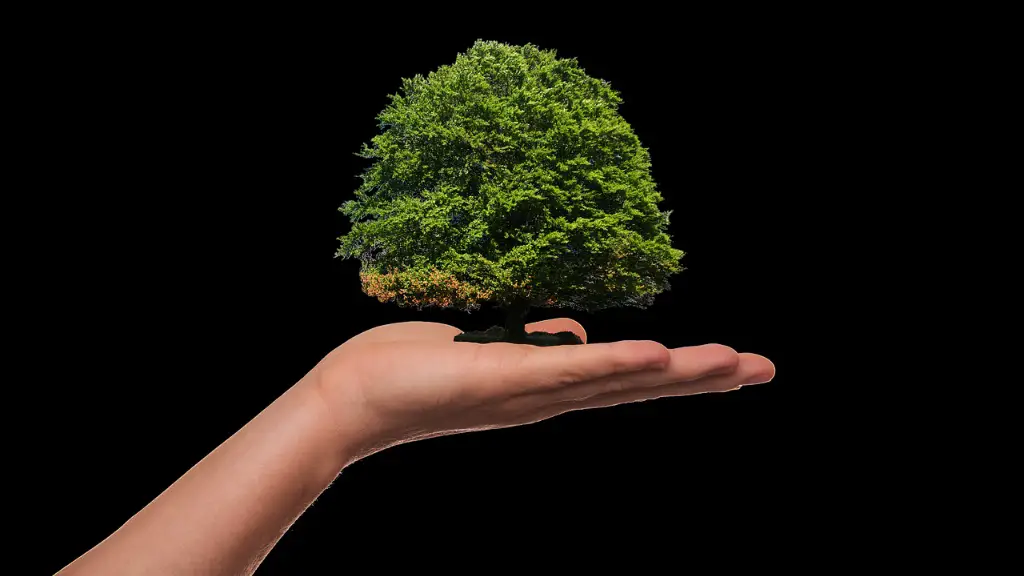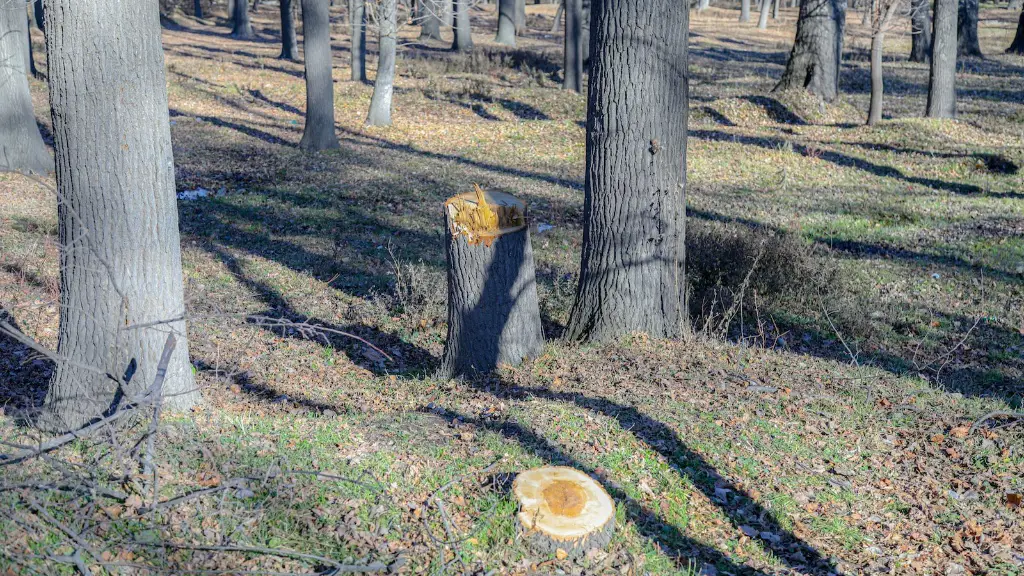Global warming is undeniably a very concerning topic for our planet. The effects it has on our environment, including icecaps melting, rising sea levels, extreme weather, and the displacement of species is difficult to ignore. Nowhere is this reality more apparent than with the plight of polar bears, whose biology is adapted for conditions which are rapidly changing. The long-term effects of our changing climate on these animals are of greatest concern to many.
Polar bears, Ursus maritimus, are an apex predator dependent on the thick sea ice of the arcticcircle for eating, denning, and ultimately, survival. Due to their large body size and crucial place in the arctic ecosystem, they are regarded as a flagship species, with them the health of their entire environment can be assessed. To live in their icy environment, they are well adapted to their harsh terrain and climate, with fur which retains heat and water-resistant insulation, and an increase in body fat to combat malnutrition and starvation in the Arctic.
However, global warming poses a threat to their existence as the arctic sea ice faces melting at an increasing rate. Recent analysis of satellite images of the Arctic shows that between November 2013 and August 2019 the Arctic sea ice extent declined from 13.3 to 4.3 million km2. As these observations show, this decline is accelerated by rising temperatures due to global warming and the consequent influence on polar bear’s behaviour and physiology.
Sea ice is not only necessary for the animal’s habitat, but also vital for them to find adequate sustenance. As the sea ice continues to melt, polar bears are forced further onto land, where they can only find low-calorie food such as berries, eggs and scavenged carcasses instead of their usual diet of plump ringed seals. This can cause the animals to lose weight and become more vulnerable to malnutrition and starvation. As they require a large calorie intake to gain their weight needed to survive the long ice-free period, the decline of the sea ice can be a death sentence for the polar bears who cannot easily relocate to the areas of abundance.
In addition, the decline of the white ice also opens bears up to predation as it is easier for predators, such as wolves, to spot and attack them in a less secure surrounding. Furthermore, due to global warming, the virus and bacteria infections are on the rise and threatening bears with some fatal diseases.
In the face of this drastic situation, there are measures being taken to preserve the species. National Parks are being set up to stop oil and gas exploration and limit overfishing. Renewable energy is being employed to decrease the rise of greenhouses gases in our atmosphere. Further, conservation campaigns such as the World Wide Fund (WWF) are calling on people to take action against global warming and save the polar bear population. The success of these efforts will be essential in securing a brighter future for the species.
Undoubtedly, the impact of global warming on the polar bear is a difficult and serious matter. It is essential to better recognize and understand the consequences the ongoing change in climate is having and the risks that lie ahead. If the inhumane effects of global warming are to be kept to a minimum, concerted action needs to be taken now. Governments, communities, and individuals must all recognize their role in addressing this global issue and take strides to puts answers into action.

